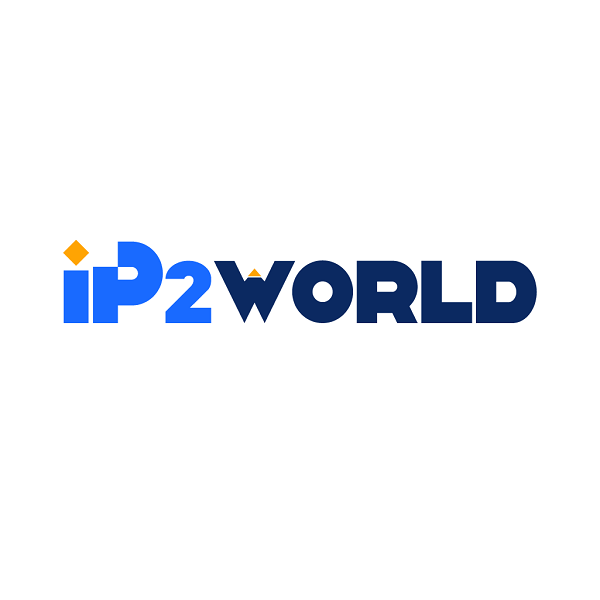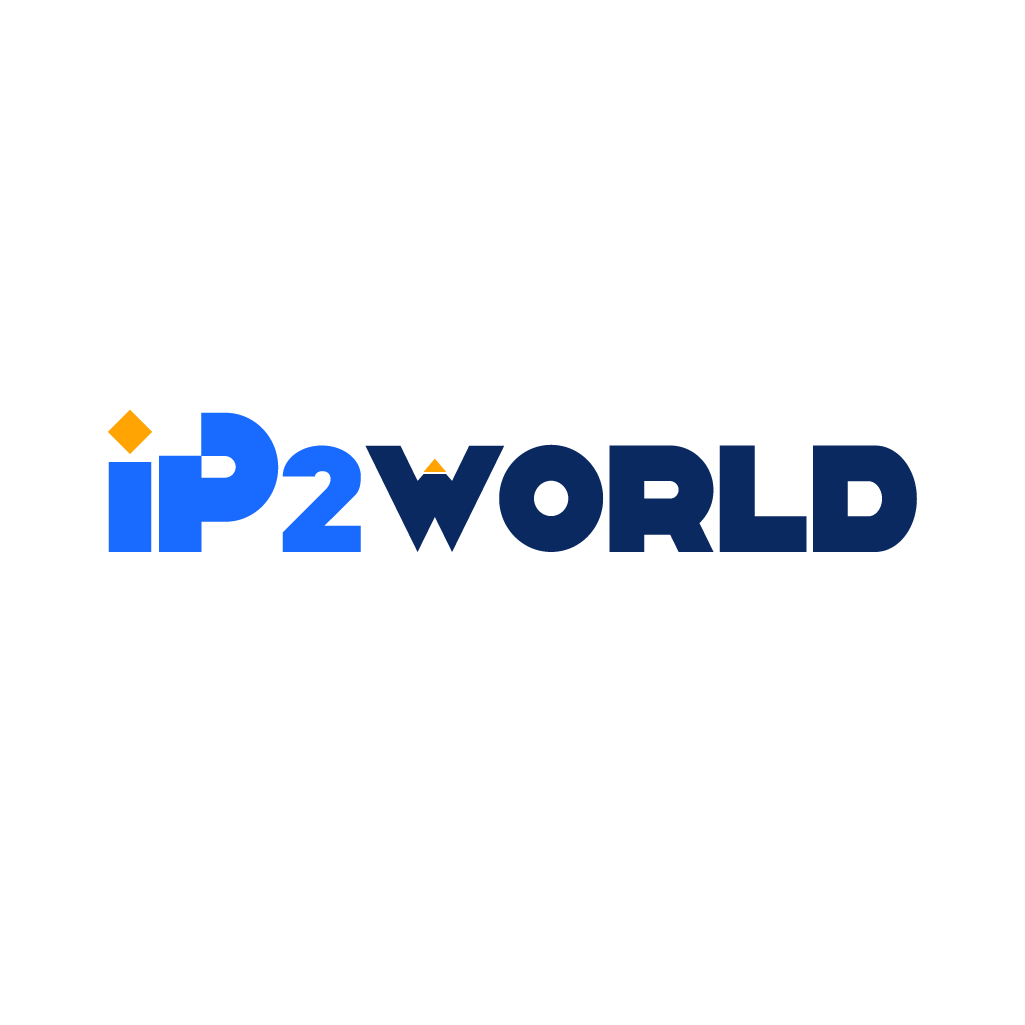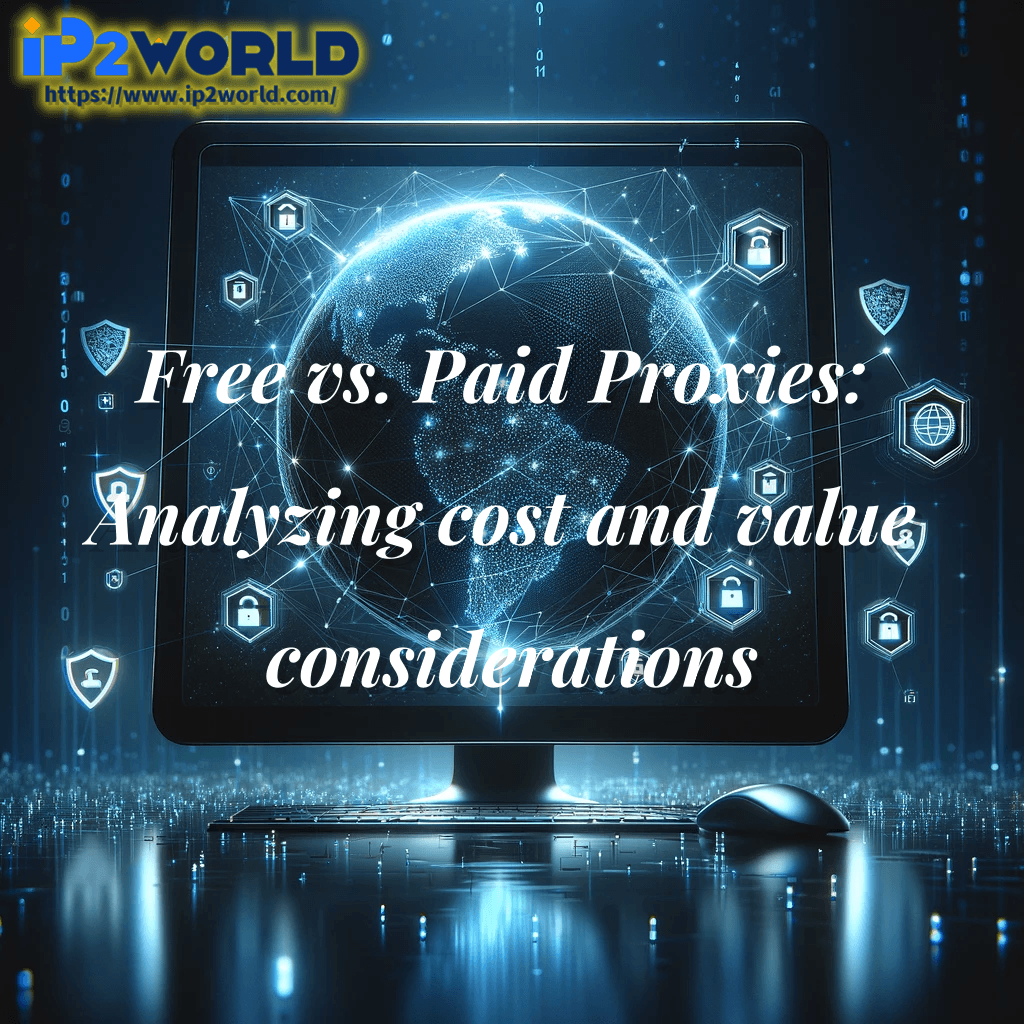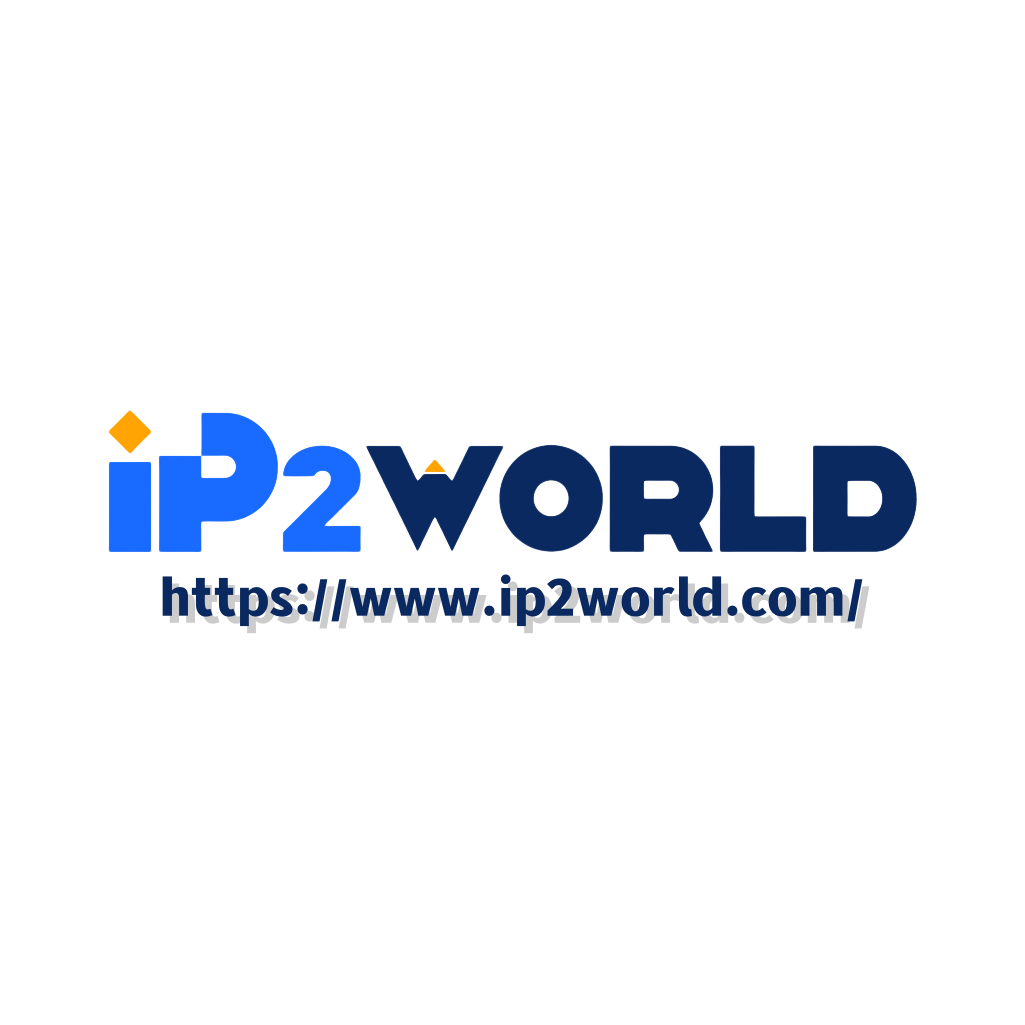In the digital age, where internet privacy and access to unrestricted information are paramount, proxies serve as crucial tools for individuals and businesses alike. These intermediary servers offer a myriad of benefits, from masking your IP address to bypassing geo-restrictions. However, when it comes to choosing between free and paid proxies, users often find themselves at a crossroads, weighing cost against value. This article delves into the critical considerations of free versus paid proxies, aiming to provide a clearer understanding of their respective advantages and limitations. Understanding Proxies Before comparing free and paid proxies, it's essential to understand what proxies are and how they work. A proxy server acts as a gateway between you and the internet. It receives your requests, forwards them to the web server, and then returns the server's response to you. This process helps in anonymizing your online presence, enhancing security, and even improving loading times in some cases. Free Proxies: Advantages and Drawbacks Free proxies are readily available and cost nothing, making them an attractive option for individuals looking to enhance their online privacy without financial commitment. They can be useful for basic needs, such as accessing content blocked in your country or hiding your IP address for low-risk activities. Advantages:- Cost-effective: The most apparent advantage of free proxies is that they don't require any investment.- Accessibility: Numerous online platforms offer lists of free proxies from various countries. Drawbacks:- Security Risks: Free proxies come with significant security risks. They may log your data and browsing habits, and in some cases, malicious proxy servers can inject malware into your system.- Unreliable Performance: Free proxies often have slow speeds, frequent downtimes, and bandwidth limitations due to high demand and limited resources.- Limited Anonymity: The level of anonymity can be questionable, as some free proxies may not effectively hide your IP address or encrypt your data. Paid Proxies: Advantages and Drawbacks Paid proxies, on the other hand, are subscription-based services that offer a more reliable and secure way to use proxy servers. Businesses and individuals who require consistent performance and high security typically opt for paid proxies. Advantages:- Enhanced Security: Paid proxies often offer stronger encryption and no logging policies, ensuring your data remains private.- Better Performance: With dedicated resources, paid proxies provide faster speeds, more stable connections, and unlimited bandwidth.- Customer Support: Paid services usually come with customer support to assist with setup, troubleshooting, and other issues. Drawbacks:- Cost: The most significant barrier to using paid proxies is the cost, which can be prohibitive for casual users or small businesses.- Complexity: Some paid proxies may require a more complex setup process, potentially deterring less tech-savvy users. Cost vs. Value Considerations When deciding between free and paid proxies, consider the following: - Purpose and Usage: For casual, low-risk activities, a free proxy might suffice. However, for business use, accessing sensitive information, or high-stakes tasks, a paid proxy's security and reliability are invaluable.- Budget: Evaluate the cost of a paid proxy against the potential risks and losses associated with using a free proxy, such as data breaches or compromised privacy.- Long-term Value: While free proxies may seem cost-effective, the long-term value of paid proxies in terms of security, performance, and support often justifies the investment. Conclusion The choice between free and paid proxies ultimately hinges on your specific needs, risk tolerance, and budget. For users who prioritize privacy, security, and reliability, investing in a paid proxy service offers clear advantages and peace of mind. Conversely, for those with minimal requirements or temporary needs, free proxies may provide a satisfactory, albeit less secure, solution. As with any digital tool, assessing the trade-offs between cost and value is key to making an informed decision that aligns with your objectives.
2024-02-05





